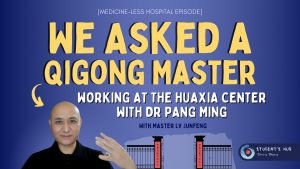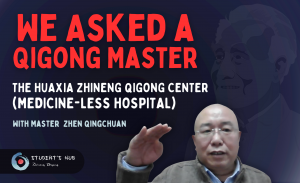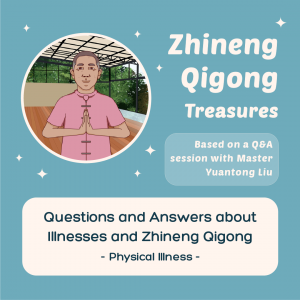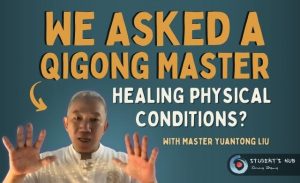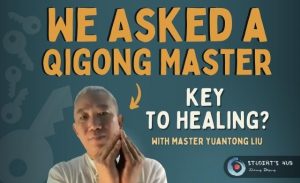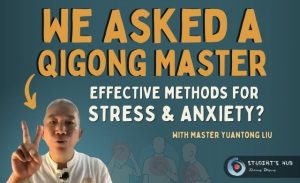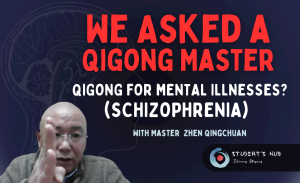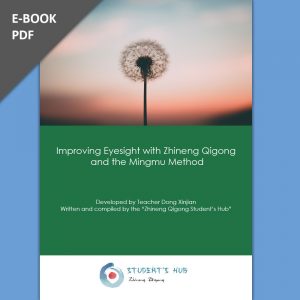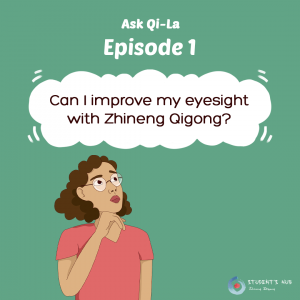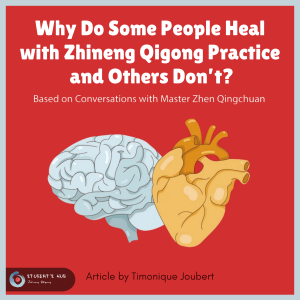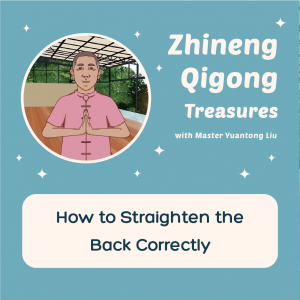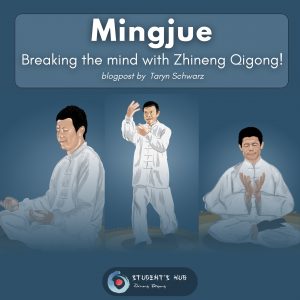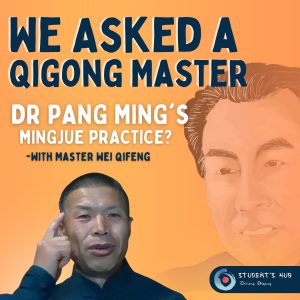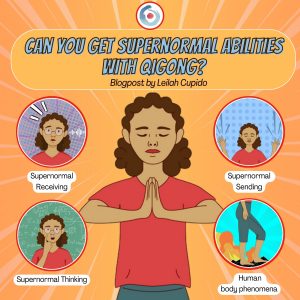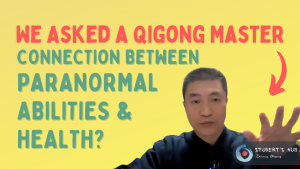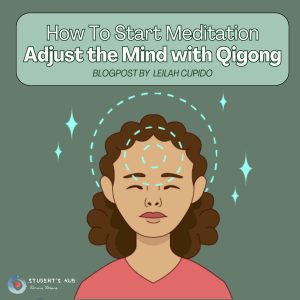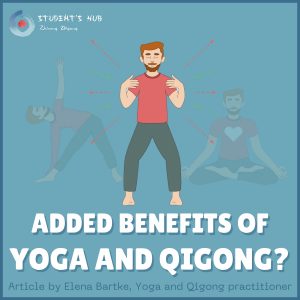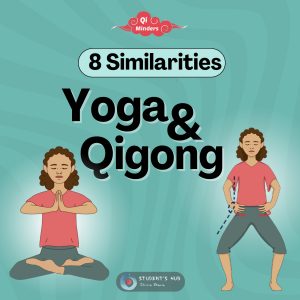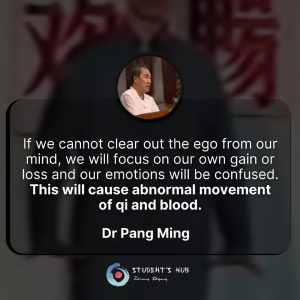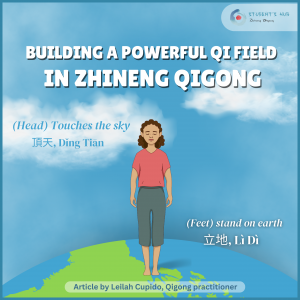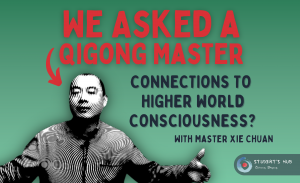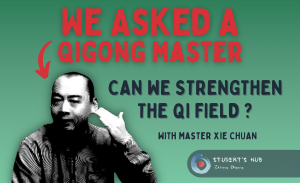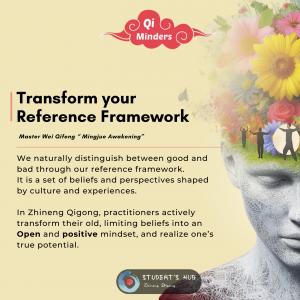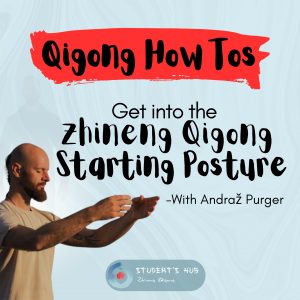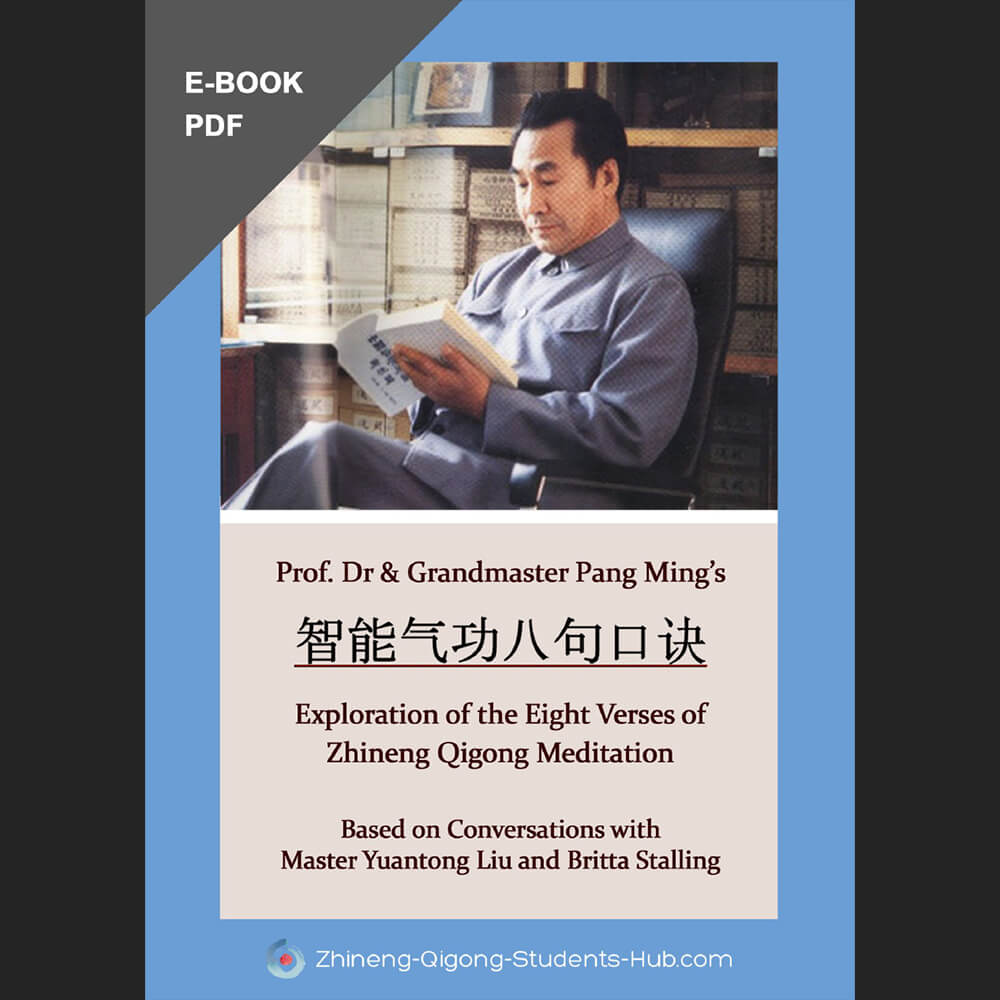Uncategorised
Qi Gong In Tropical China: Master Jianshe’s Story
We hear about the importance of following our heart and intuition all the time, from social media to self-help books to friends. But does such an approach really bear fruit, or is it just Western New Age fluff? Master Jianshe’s journey as a Qi Gong teacher shows us that living from a heart-centred perspective allows us to help others, transcends cultures, and brings us together.
Heart-Centred Happiness
In 1989, Master Jianshe had just lost everything, his money, job and health, and decided to travel to Beijing to learn Tui Na (the style of massage seen in Chinese medicine) to earn a living. During this course, a couple he saw as clients turned out to be Qi Gong teachers, and they offered to instruct him in the practice. The next morning, he visited the park where they taught classes, which is common practice in China. Although he had no money at the time and was living in a classmate’s room, they offered him free instruction.
Master Jianshe knew nothing about Qi Gong at the time, describing himself as “totally new” and “totally open”. At first, he just followed the movements, and did not seem to feel the Qi (energy) flow. He says, “I didn’t feel anything, just happy” about this experience, even though “everything about my situation … was the worst.” Soon, he found himself happily greeting others from a heart-centred space, even though this is not usual in Chinese culture. “I felt the world is so beautiful,” he recounted.
Master Jianshe feels it was a lesson to those living from their ego. Initially, he was a secretary, with a good job and a good salary, but felt happy when learning Qi Gong despite previously losing his financial and professional position. He felt it was like returning to childhood in a way, describing it as “when you become nothing, then you can see the truth.”
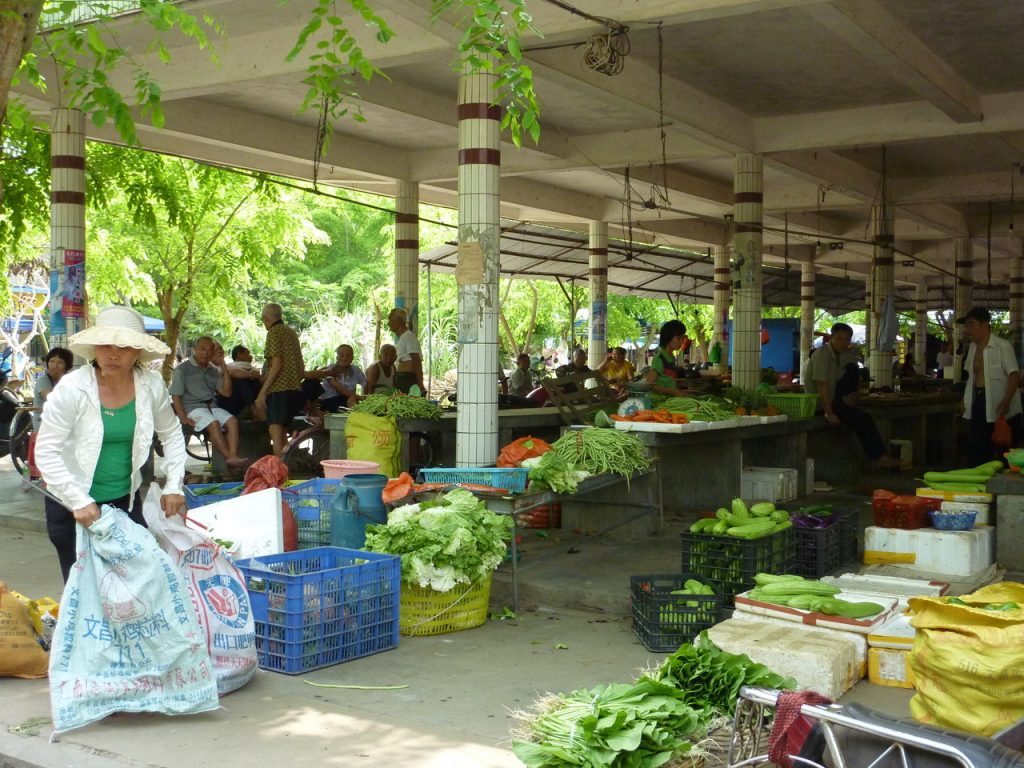
A New Beginning
In 1991, Master Jianshe became a Qi Gong teacher after a three-month course by his teacher Dr Pang Ming, whose centre he joined at the start of his teaching career. At some points in the summer, up to 8,000 students and teachers could be in this today famous Huaxia centre at the same time!
Seeing people living and practicing together in the centre felt like a new life to Master Jianshe. He describes it as the first time he saw a lifestyle where people are seen for their hearts, not material achievements. Some even had profound healing experiences, and they seemed to become new people in the centre. “Qi gong is not a skill, not a method … it’s a new life,” he explains.
Master Jianshe worked in this centre for a total of three times: in 1991-1992, 1995-1996, and in 1999 where he taught a children’s class. It unfortunately closed in 2000, but he could not stop thinking about life in the centre. Not long afterwards, he decided to open his own!
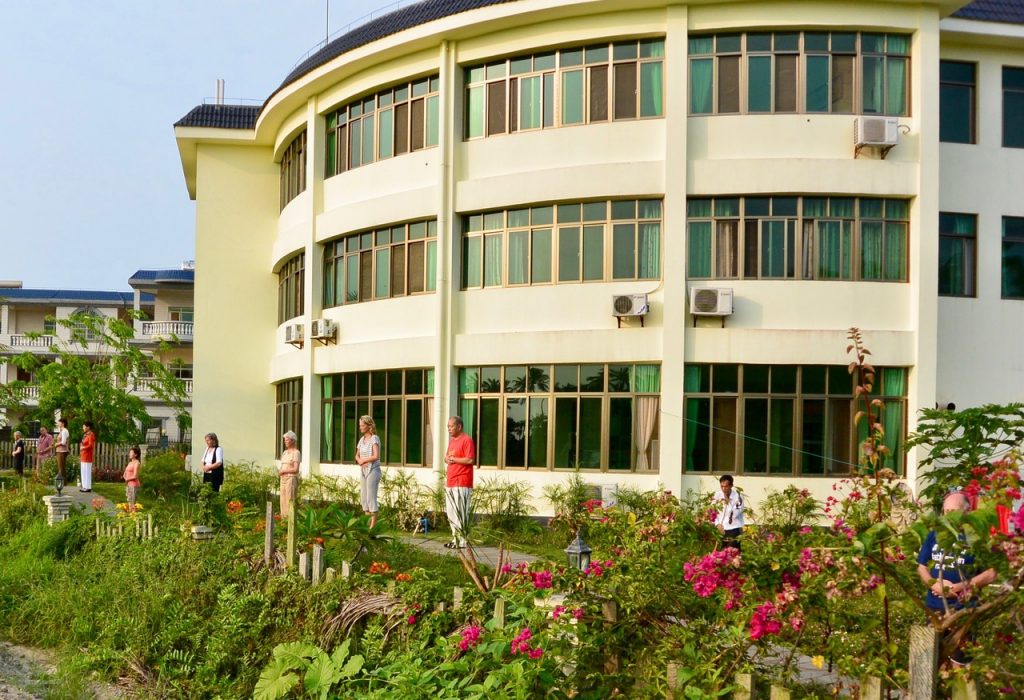
The Journey to Hainan
One day, another man called Master Jianshe after seeing his photo and information on the internet. It turned out that he also wanted to open a Qi Gong centre! They began to research the best places to start their own centre. Local people would always introduce them to cheaper, older houses that felt too dark, but one word came to them “like a light” when sharing noodles at a restaurant. A man next to them was talking on the phone about travelling.
Master Jianshe describes this as like the universe was providing solutions for him and believes that intuition is the key to success. They eventually settled on Hainan, a tropical island in the south of China known for being a beautiful travel destination.
Their arrival in Hainan was in 2003, when they trusted a taxi driver – the first person they met on the island – to take them to a hotel in the city centre where they could start their search. There was a park near the hotel, where they met local Qi Gong practitioners who could give them advice. After researching for one month, they found a centre that resonated deeply with Master Jianshe. “When I saw this place, [I felt] it’s my place,” he said.

Although they are now in the forest near a natural lake, in the beginning, they taught close to a hotel on the beach. For the first three years, there were relatively few students. They decided to broaden their market to foreign tourists. International travellers often view China as “only China” because of the distance already needed to cross, while domestic tourists often see the journey as too far to learn Qi Gong.
In 2007, a woman and her husband visiting from Hawaii studied under Master Jianshe for 10 days. She gave him an exciting offer: the money to buy a hotel, and establish his own centre! He did not believe this at first, but received the money a month later after the woman travelled through China with intermittent internet. Although he initially lost the auction to buy the beach hotel, he could afford some land by the forest. Two architects, one from Hainan, the other from Germany, teamed up to design the centre, which he describes as simple and beautiful, but not too luxurious. It can host up to 40 people, “like a big family”; guests do their own cleaning and cooking, and they can share meals.
Master Jianshe describes everything that happened on the journey as “really amazing,” and it all came down to his trust in his own intuition.
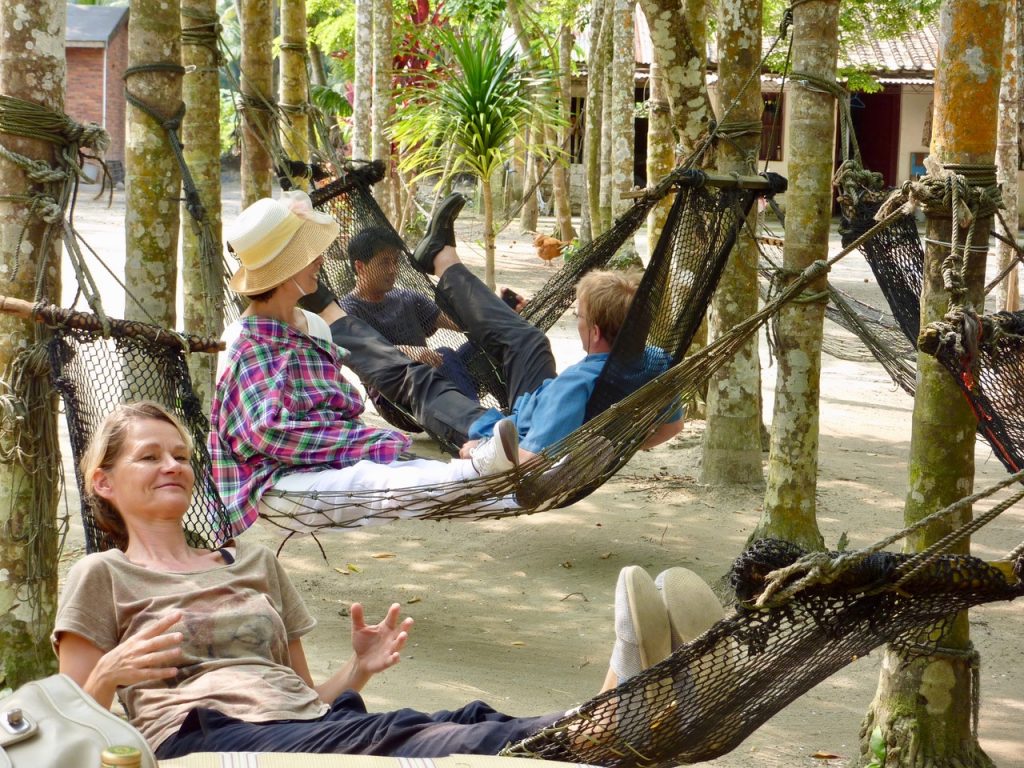
What can Students from the West expect?
Visitors from Europe and the USA describe Master Jianshe’s centre as “like a home.” Here, you meet local Qi Gong practitioners and try local food, it is a “new world, new life, new way” overall.
While many initially focus on the physical moves and opening energy, Qi Gong really goes beyond this, to opening the heart and spiritual development. There have been many instances of healing stories, of sudden recoveries after one’s heart has been opened.
In one case, a psychologist suffering from depression visited from Hawaii in 2014. At first, he always stood in the back of group classes, and sat quietly in talking circles. But one day, his heart suddenly opened, and he felt as though his depression lifted! He was able to communicate and connect with others better, and described a feeling of being grounded, of being able to relax.
Another visitor from Europe was also in a depressed state, and refused to speak with his father. After staying in the centre, he was overcome with the urge to speak with him again after seeing him walk past a Skype video call with his sister. Before they were enemies, then they reconciled.
“I want to give people a new idea of living,” Master Jianshe says. Sometimes, he meets European students again after their first visit, which is “like a family reunion” to them. “We are the same,” he says, “no matter [the] religion … life can be very simple, very easy,” when we take what he describes as the sunglasses of our different cultures off to see the similarities. “From the mind we create a lot of bother.”
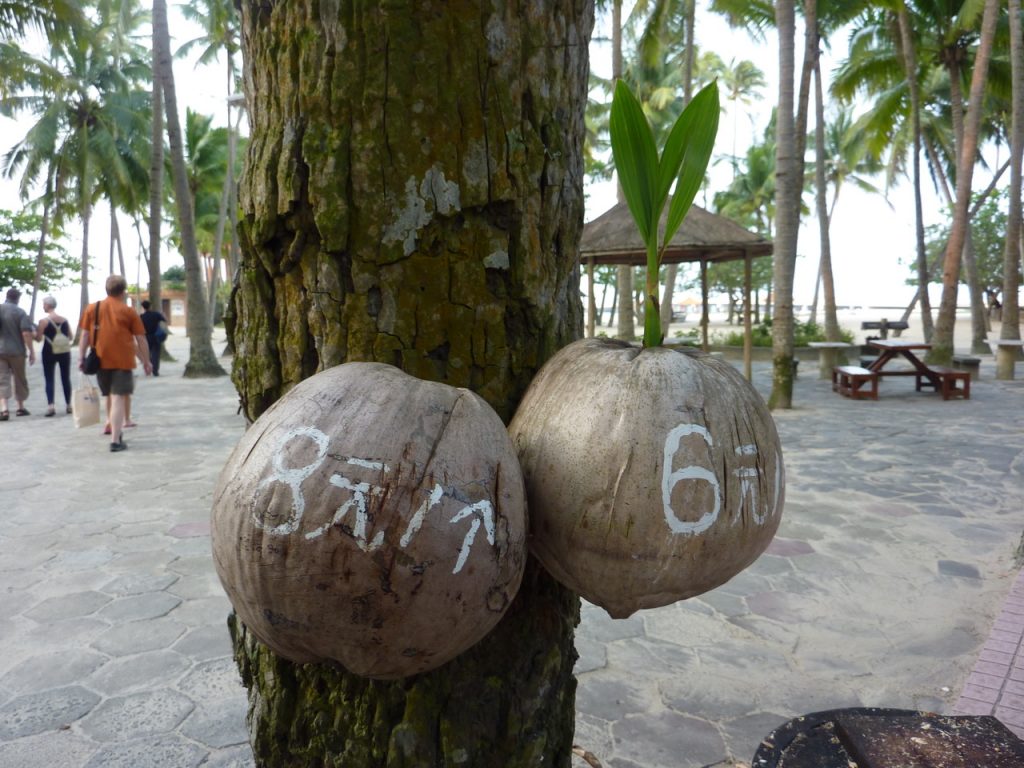
The real essence of Qi Gong is not only about perfect movement, like the teacher training on offer in Europe, but how to “be relaxed, in the truth.” The separation seen in Western culture is at odds with the Qi field experienced in group classes, which aids healing and togetherness.
Master Jianshe’s story teaches us that following our intuition can open opportunities we may otherwise never seen, and that Qi Gong can have unexpected benefits. To learn more, visit the Hexianju Qigong Centre website.
Or listen to his amazing wisdom in this short video we have produced for you!




